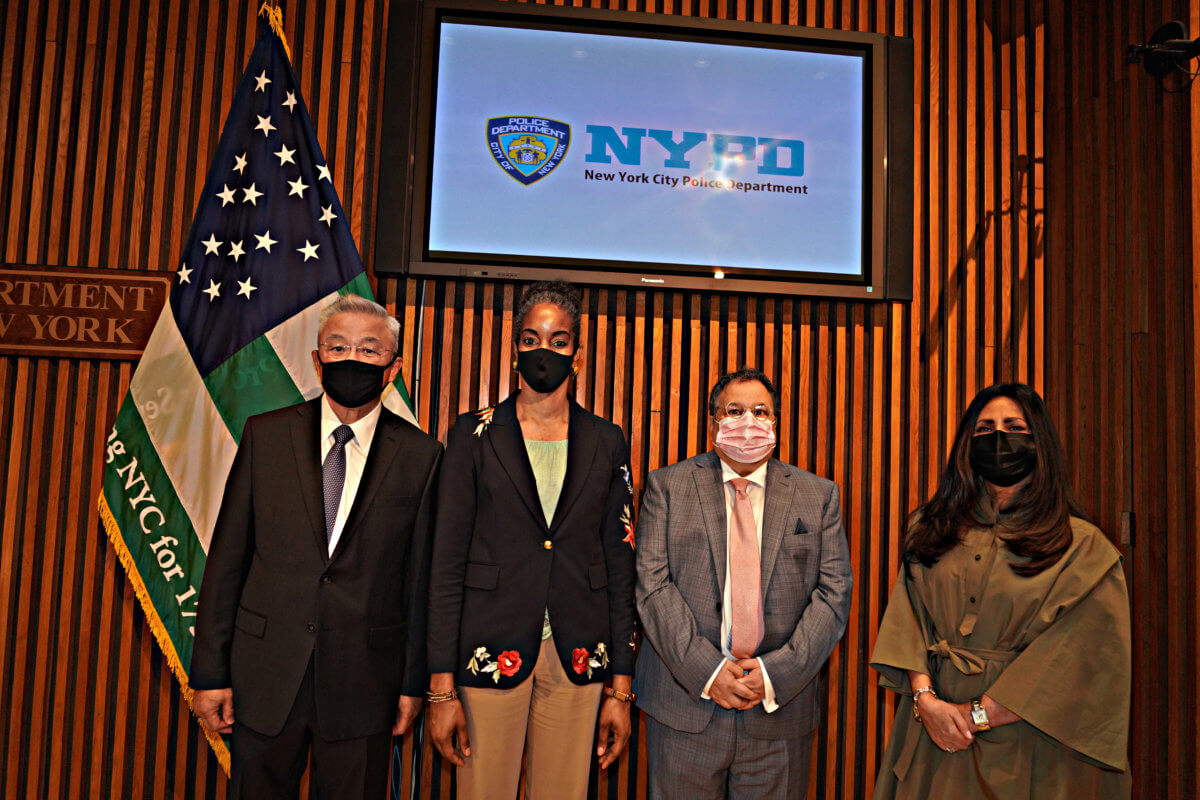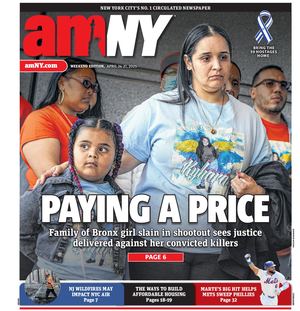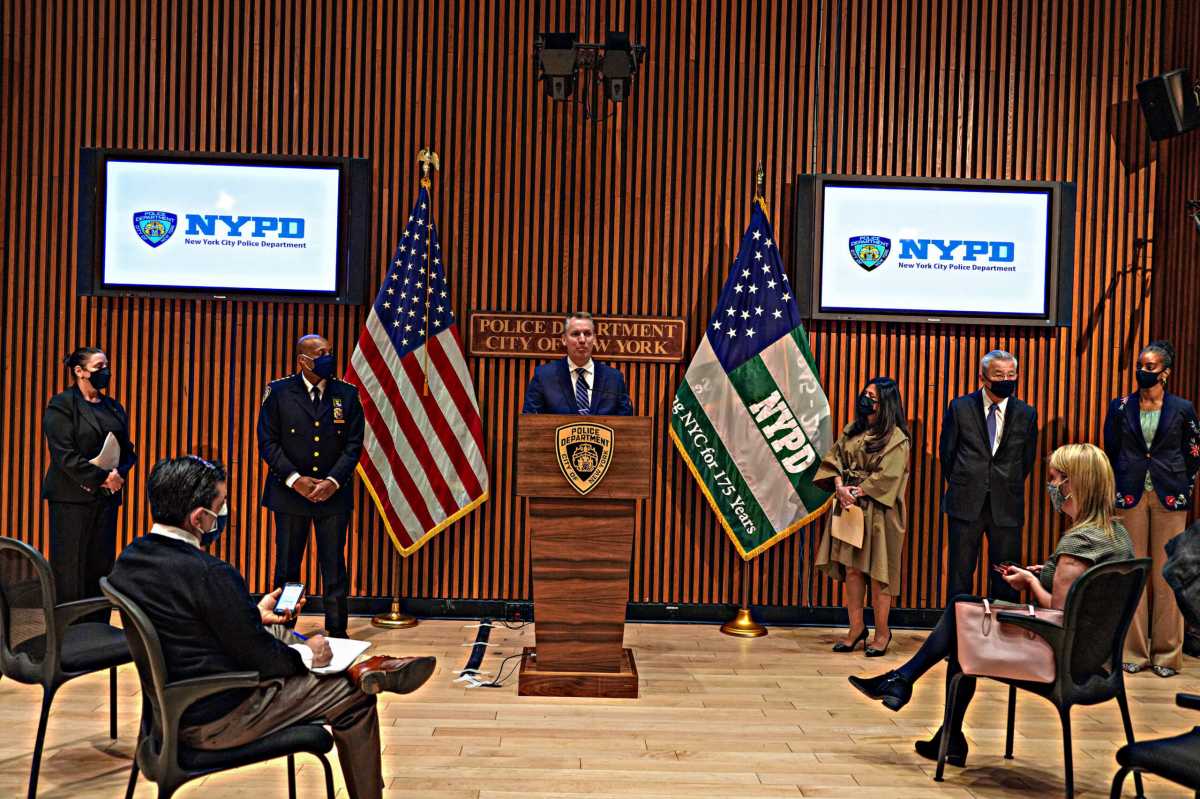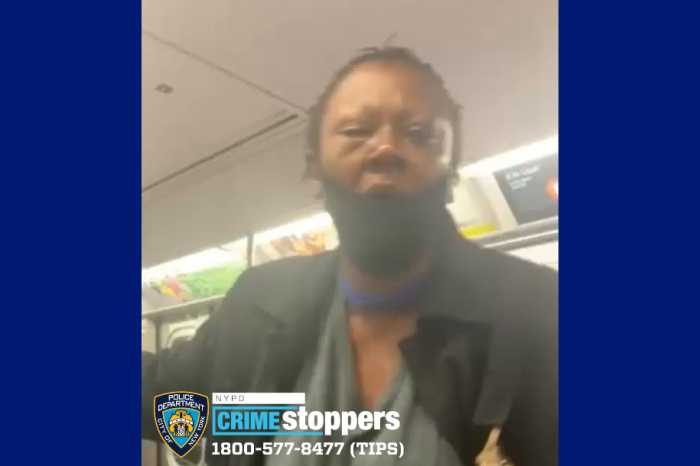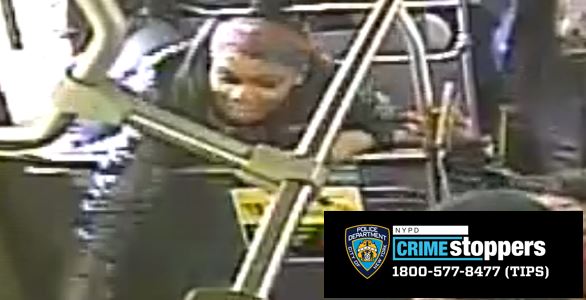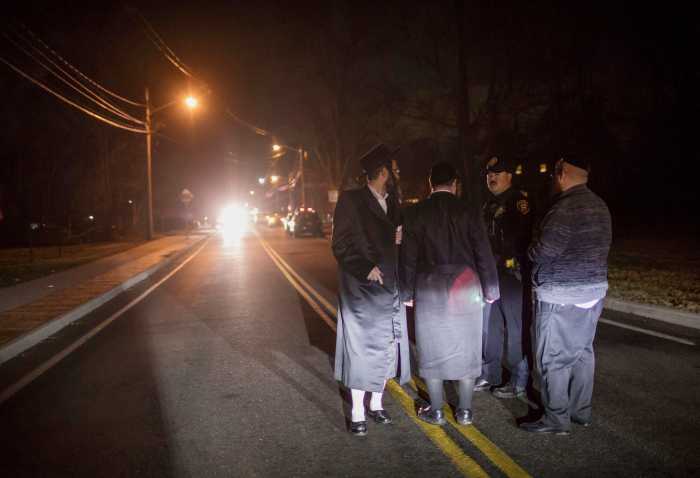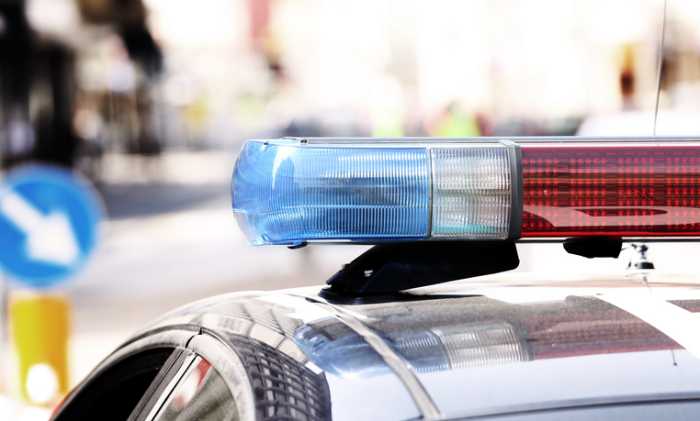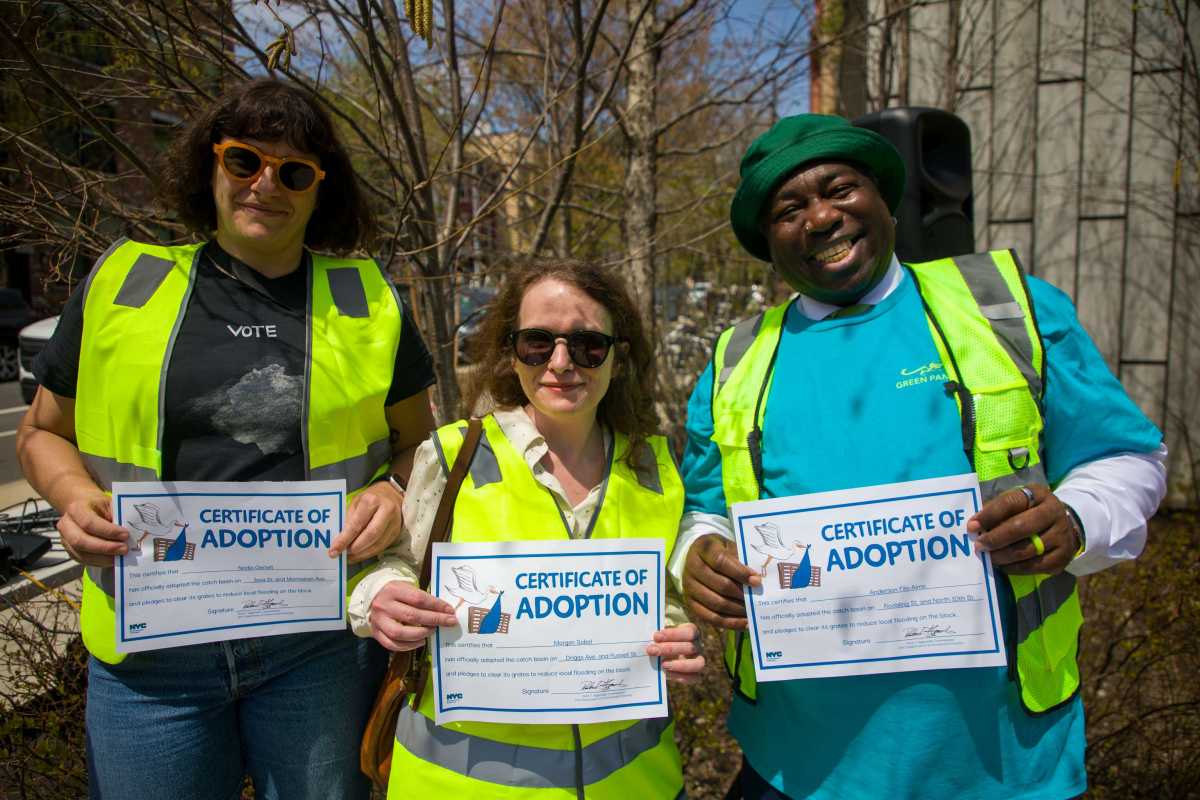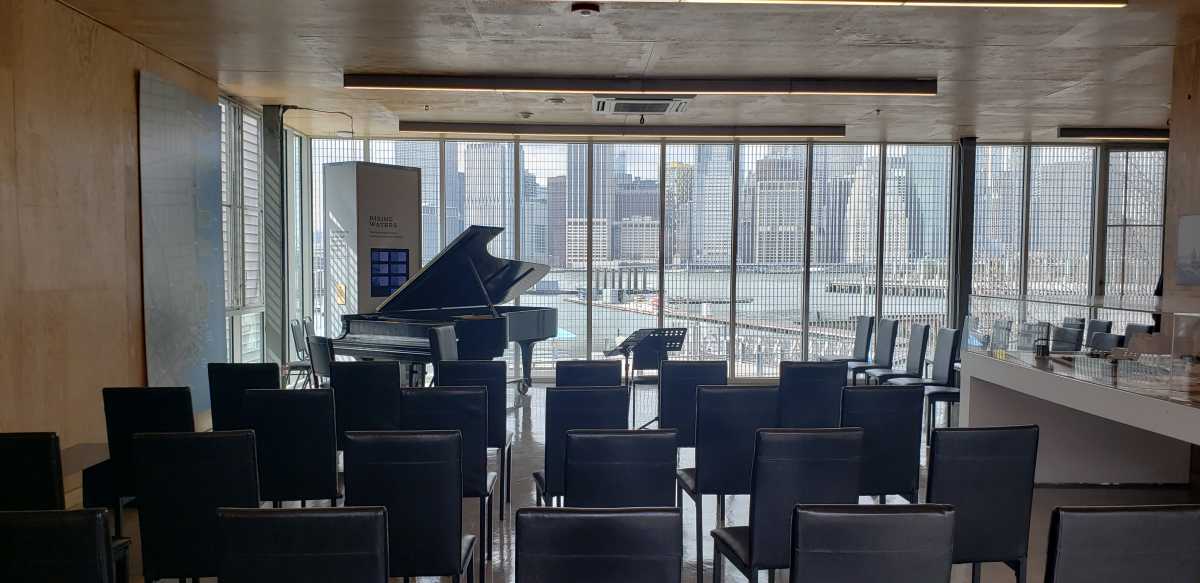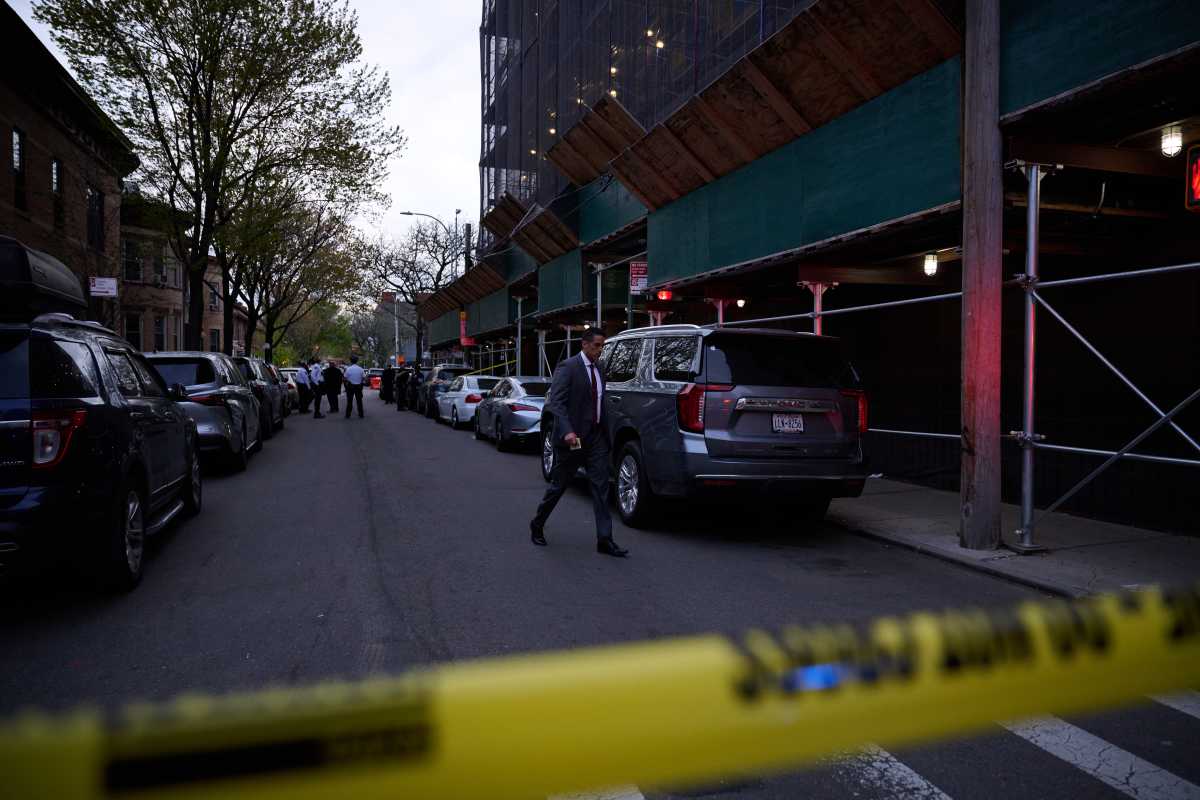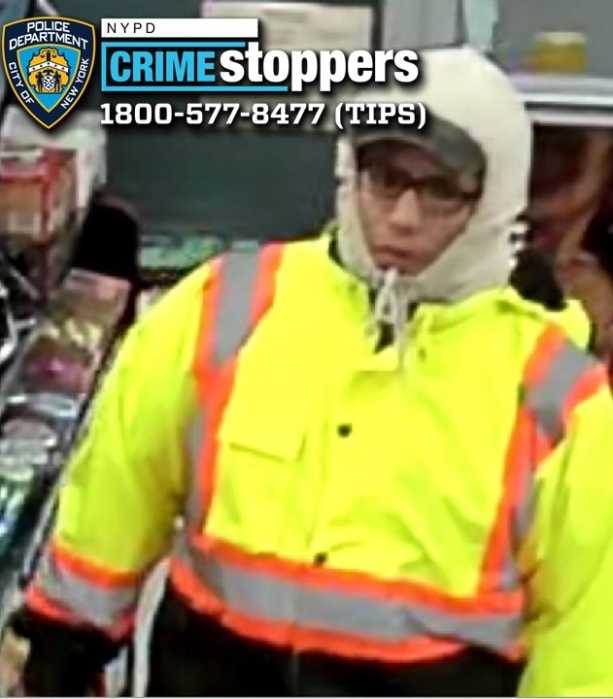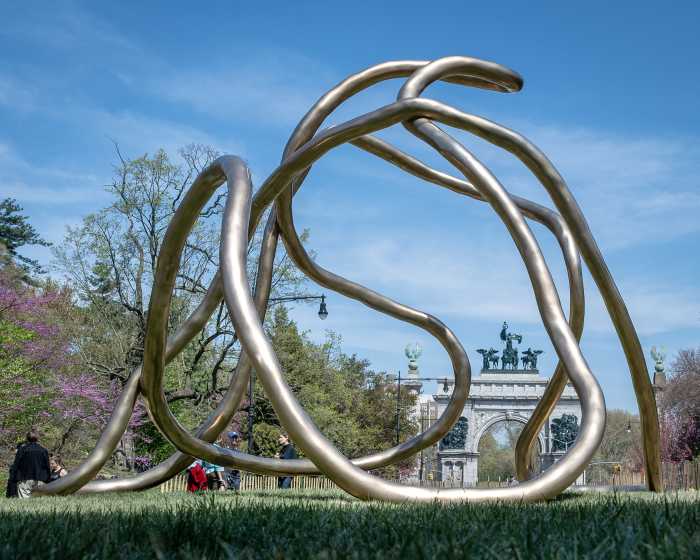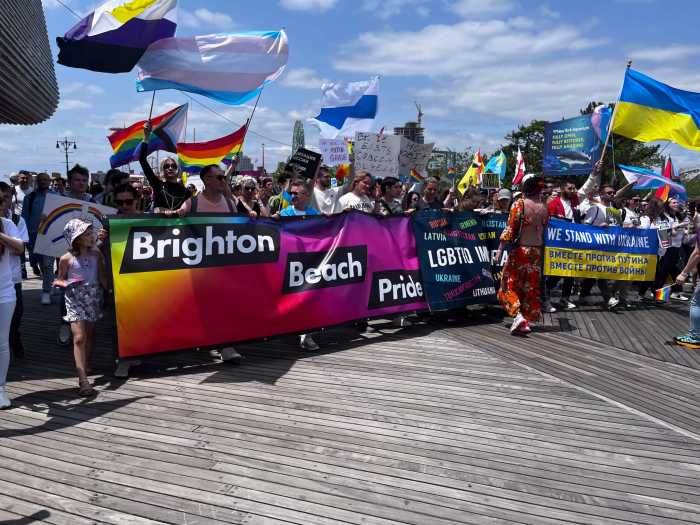The NYPD is getting the public involved in helping them stop the rash of hate crimes that have occurred in New York City recently.
Bias crimes targeting Asian Americans have vastly increased within the past year in New York City, and the NYPD is looking for more ways to combat the targeted violence with as much transparency as possible, which now includes utilizing the public’s assistance.
Police Commissioner Dermot Shea helped take the battle to the bigots by rolling out an Anti-Asian Hate Crimes Task Force made up of about 25 undercover officers to capture assailants. But on Monday, he announced a new approach during a press conference at One Police Plaza: a new community-based partnership that utilizes a diverse panel of community leaders to provide their input as specific cases arise and help advise if the incident should be deemed a hate crime.
“They are going to act as a bridge, as another set of eyes and ears as we look to stamp out hate. They are thinkers and doers. Longtime leaders who have a deep commitment to public safety in this city,” Shea said.
According to police officials, this additional layer of review is said to provide the NYPD with a more in-depth view of a case, from the eyes of a diverse set of community leaders whose ethnicities have been the targets of hate crimes.
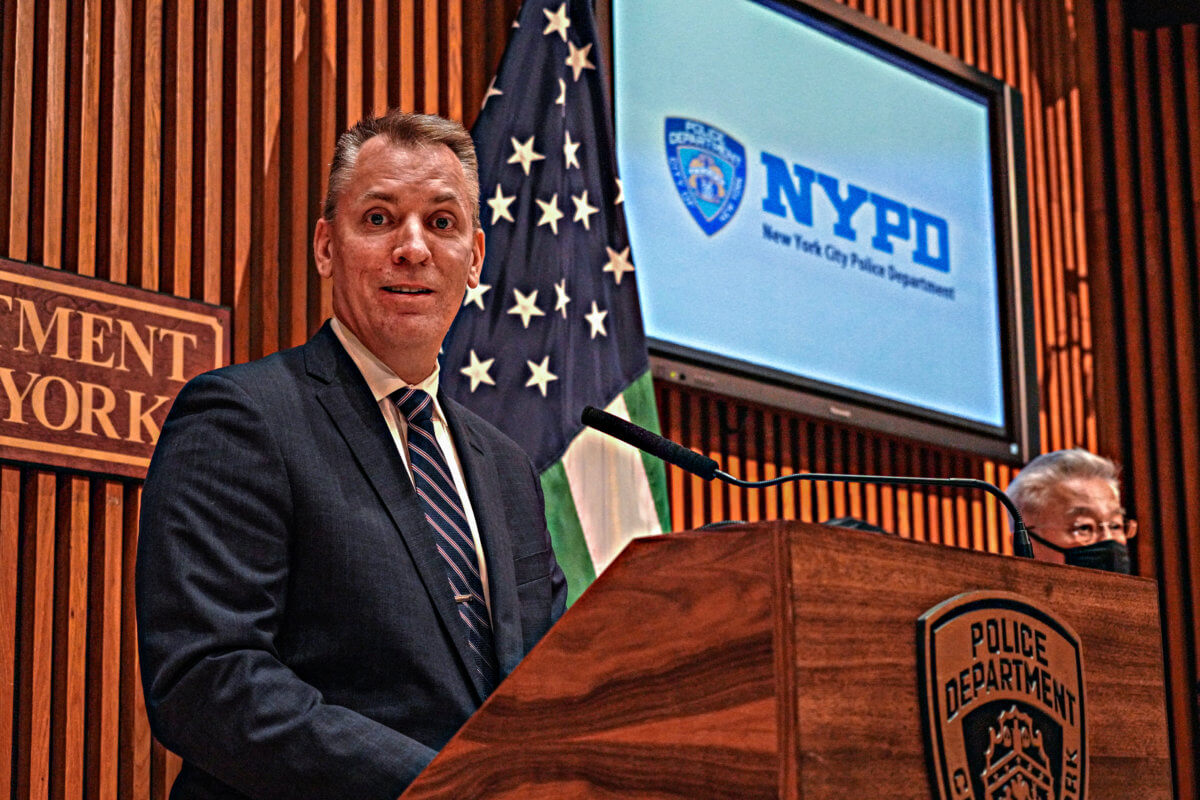
“As I have said many times before, there is absolutely no place for hate in New York City. As New Yorkers, our greatest strength is our diversity. When New Yorkers are victimized, whether it is a verbal attack, a physical attack, taunting on social media, or maybe a swastika drawn on a temple. In every single case, NYPD investigators strive to get justice for the victims and to determine the motive for that particular incident,” Shea said.
According to Deputy Inspector Jessica Corey, commanding officer of the NYPD’s Hate Crimes Task Force, as of last night, 135 hate crimes have occurred, compared to 93 reported last year. The top executives emphasized that not every crime against a minority is deemed a hate crime, and as they investigate motive, the community panel will help to advise on their standpoint behind the case.
The members of this new, unpaid panel will meet in person once a month while also incorporating bi-weekly zoom meetings, with additional discussions if necessary.
“When a victim in New York is attacked, threatened or harassed, they know when there is hate behind it. Our officers who answer those 911 calls, they know. Our commanding officers and detectives who investigate these repulsive crimes know it as well, but still the facts must be assembled and the elements of a hate crime must be proven in every instance where a hate crime is a possibility,” said NYPD Chief of Department Rodney Harrison, who is overseeing the panel.
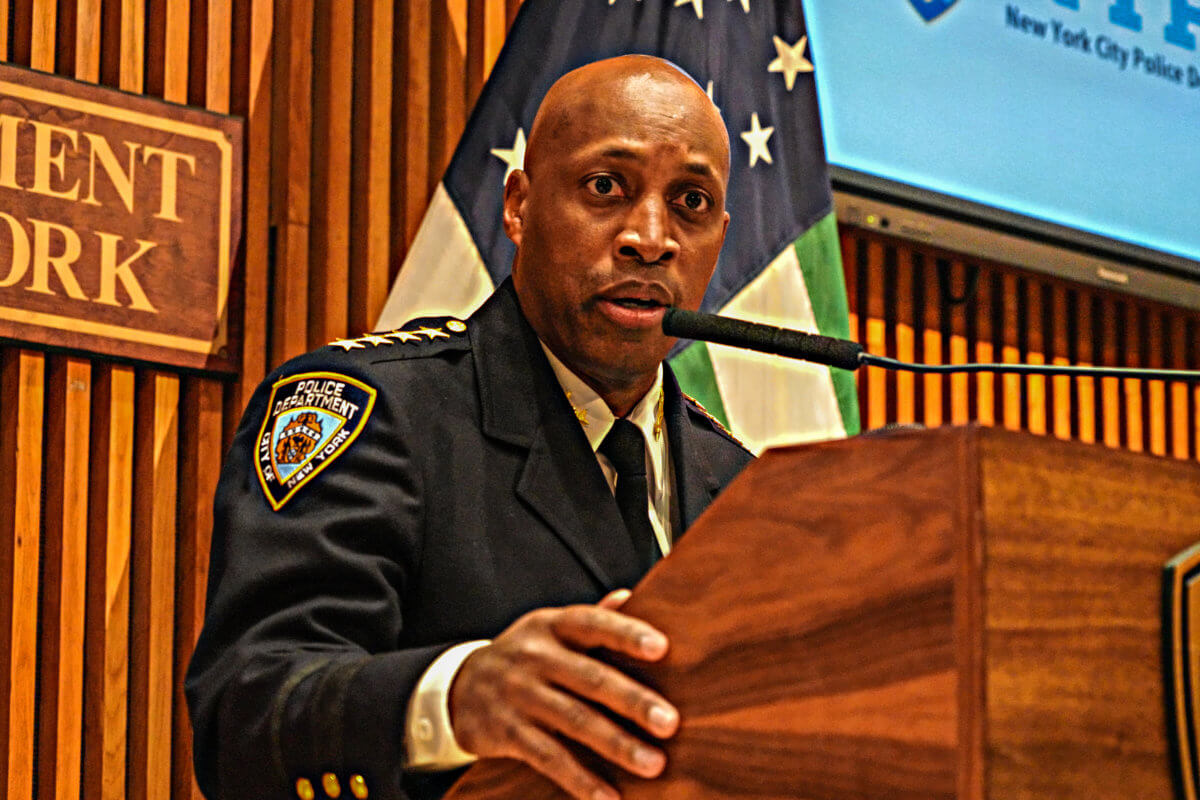
Harrison explained that all the steps of a traditional hate crime investigation will remain in place, but that process will now be supplemented with an additional layer of review. He hopes that this new board will provide better insight on cases that are particularly challenging to label as a hate crime as well as showcase a joint effort between officers and the community members working as a team.
While the panel is intended to provide transparency on hate crime cases, when it comes to prosecution, the panel’s advice will remain as merely that—advice. The recommendations provided will be given to both the NYPD and the District Attorney’s office, although their findings do not have any legal bearings, it is a matter of public record if the panel finds a case to be a hate crime.
“Hate crimes are unique because they are targeted and intentional. They are purposely intended to hurt the identity of a person and unfortunately today we are facing nearly daily reports of hate crimes. We need to help stop this,” said Devorah Halberstam, a member of the NYPD Hate Crime Review Panel and executive director of the Jewish Children’s Museum. “We will be the voices of the victims who are often ignored, or at best tolerated, but today there will be change. Everybody deserves to live free in this country and in this city and should not have to look over their shoulders as they walk down the street or sit on a park bench.”
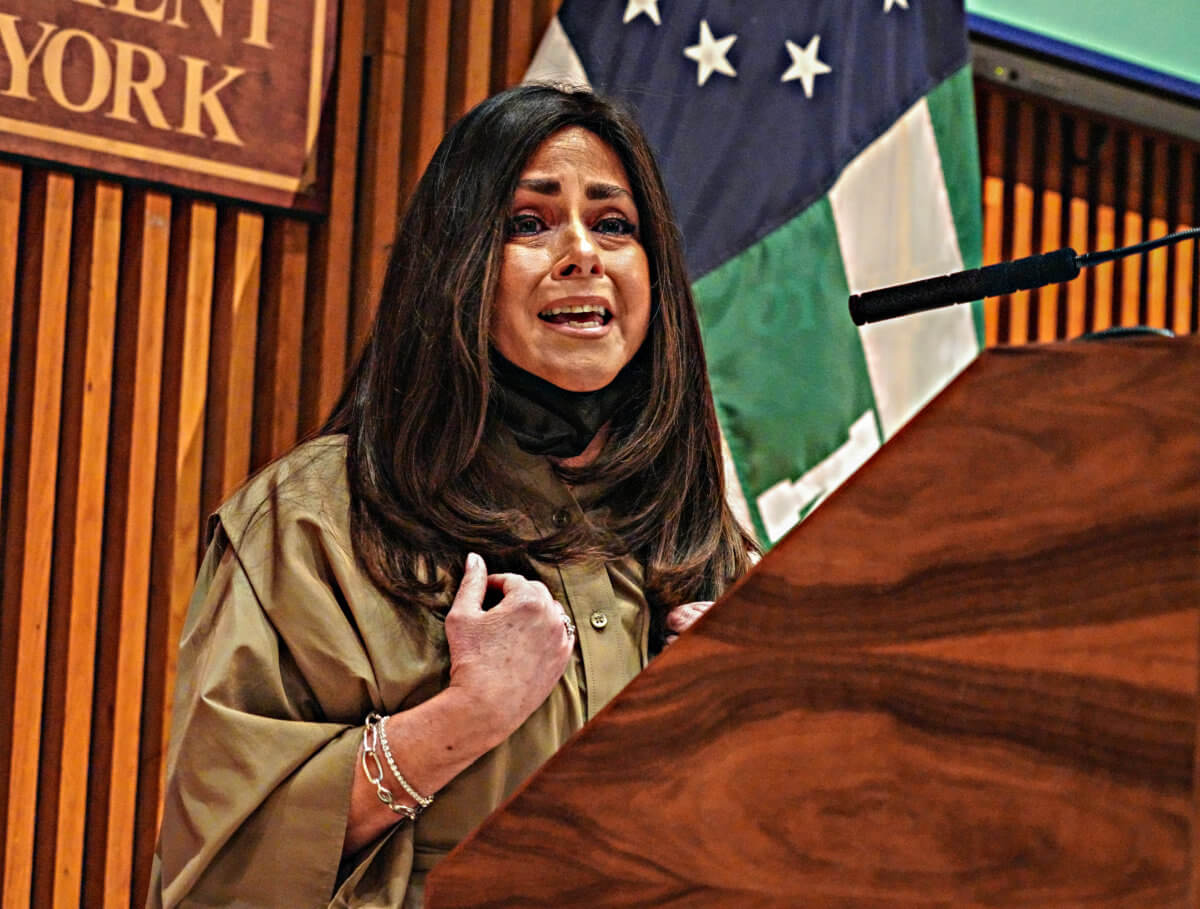
Harrison stated that each member of the NYPD Hate Crime Review Panel are distinguished community leaders who also represent some of the most victimized background groups in New York City. Along with Halberstam, the panel includes Fred Teng, President of the America China Public Affairs Institute; Pia Raymond, author, professor and social worker; Ed Powell, the longtime President of the 70th Precinct Community Council; and David Warren, a member of Manhattan Community Board 4, a board member of ChekPeds, and an active member of OutCycling.
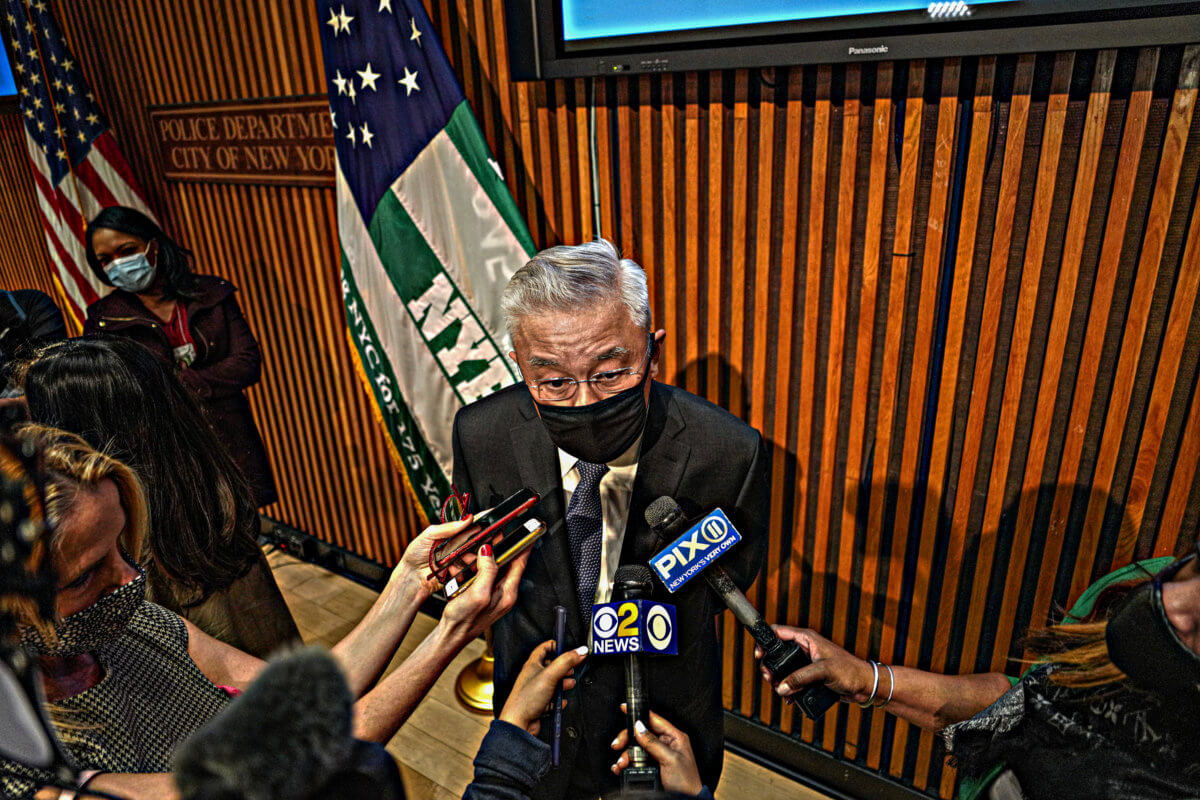
Teng said he is honored to serve on the panel and to be an integral part in making a difference in his community. He is also interested to learn how the NYPD and the District Attorney’s office proceeds with an investigation and hopes that he can help them combat hate crimes as a whole.
“In the last year, there is documented that 3,795 cases of incidents that are biased against Asians nationwide. The bulk of it is New York. As a community person, we’re working trying to help prevent these things and this time the NYPD is opening up this process. I am very honored to be serving on this. We need to identify the crimes,” Teng said.
